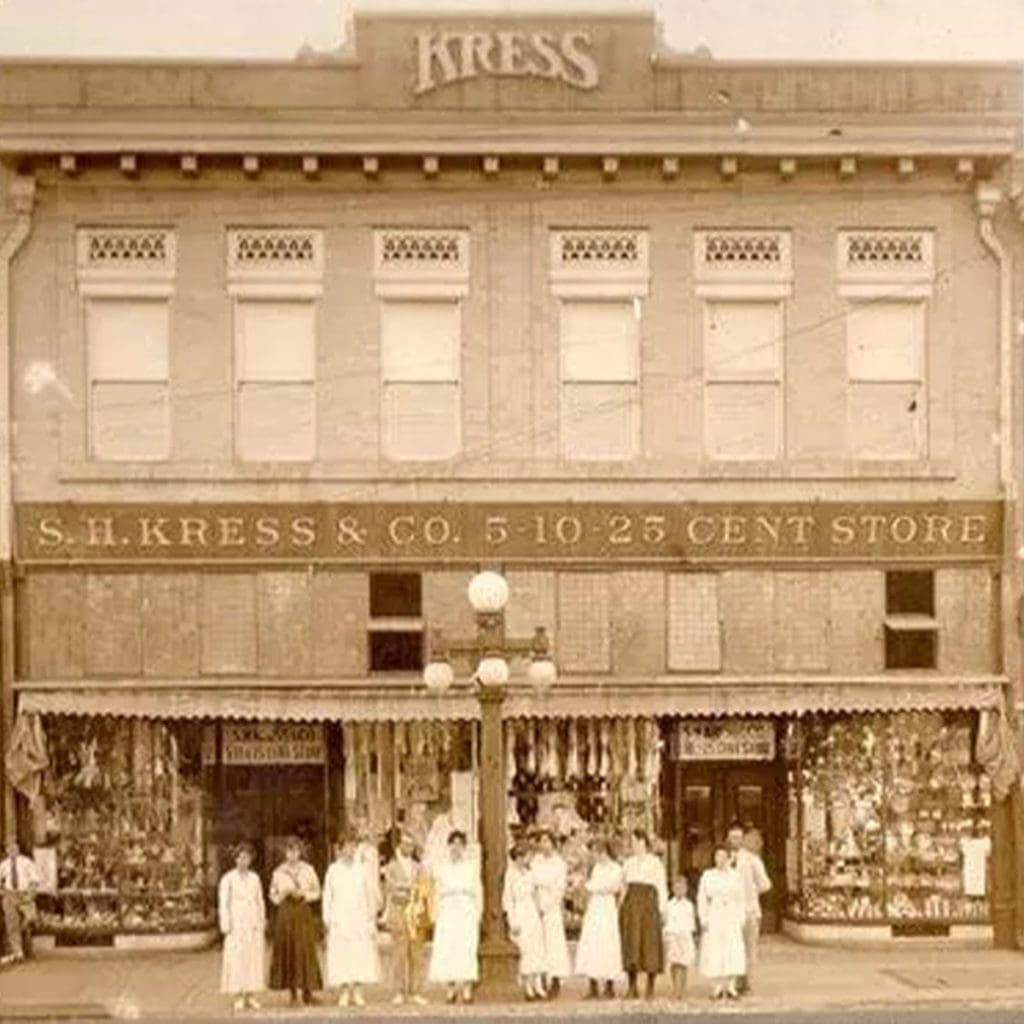In front of the Kress store the Druid City Transit Company maintained a popular bus stop. On May 5, 1962, six years after the federal courts had ruled segregation on public transportation to be unconstitutional, a white Druid Transit Company bus driver ordered three black Stillman students and a high school student to give their seats to two white riders. An argument ensued. Rev. Willie Herzfeld, a Lutheran minister and civil rights activist, was summoned for help by other Stillman students who ran from the bus–Merjo Merriweather, Samuel Pitts, and William Jones.
His efforts were not successful and the four students were charged and jailed for disorderly conduct. That night the students were bailed out by Dr. Woody Robinson, a local black physician. The same evening The Ministers Alliance met and formalized the Tuscaloosa Citizen’s Action Committee (TCAC), and elected Reverend Herzfeld as president. The TCAC inaugurated the civil rights movement in Tuscaloosa.
Following the 1962 episode, the Druid Transit Co. promised integration, but harassment continued for years. On August 3, 1964, a white bus driver allegedly shot at a black man, saying the man had cursed him. In response, on August 10 protesters demanded an end to discrimination and the immediate hiring of African-American bus drivers.
Protesters sang “If You Miss Me from the Back of the Bus” at a mass meeting that evening. There, Rev. T. Y. Rogers, Jr., called for a bus boycott and forwarded an ultimatum, “If you want our business, make non-discrimination policies public.”
The boycott began and ridership quickly decreased by 60 percent. The bus company ignored Rogers’ demands and on November 10 surrendered its commission.
For the next six months, blacks who had depended on the bus scrambled. They relied on an informal network of “courtesy cars” to ferry them to work, stores, and school. By Christmas, extra financial help was needed and Rev. Rogers successfully recruited funds from the SCLC. Finally on April 12, 1965, the new Tuscaloosa Transit Co., complete with integrated staff and a public non-discrimination policy, began service.

